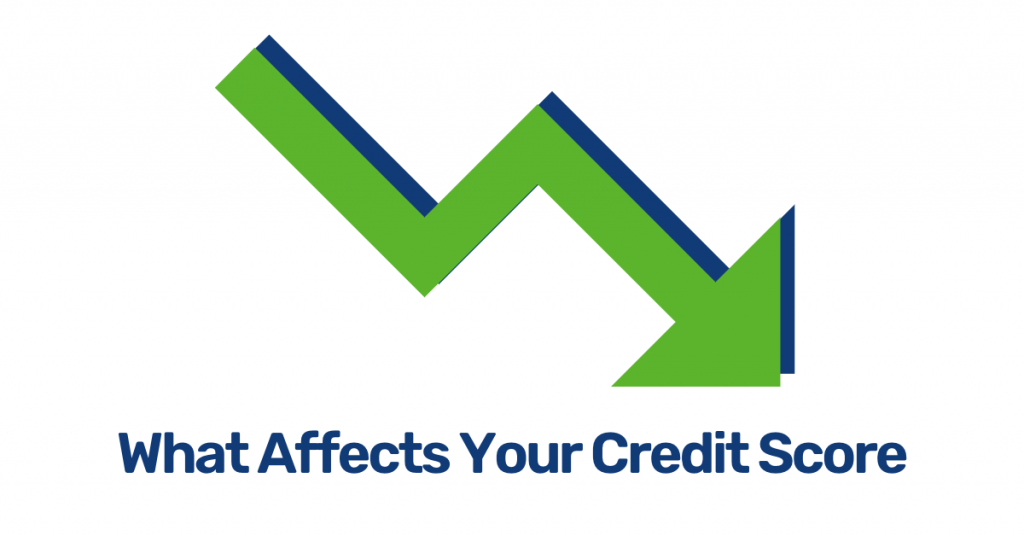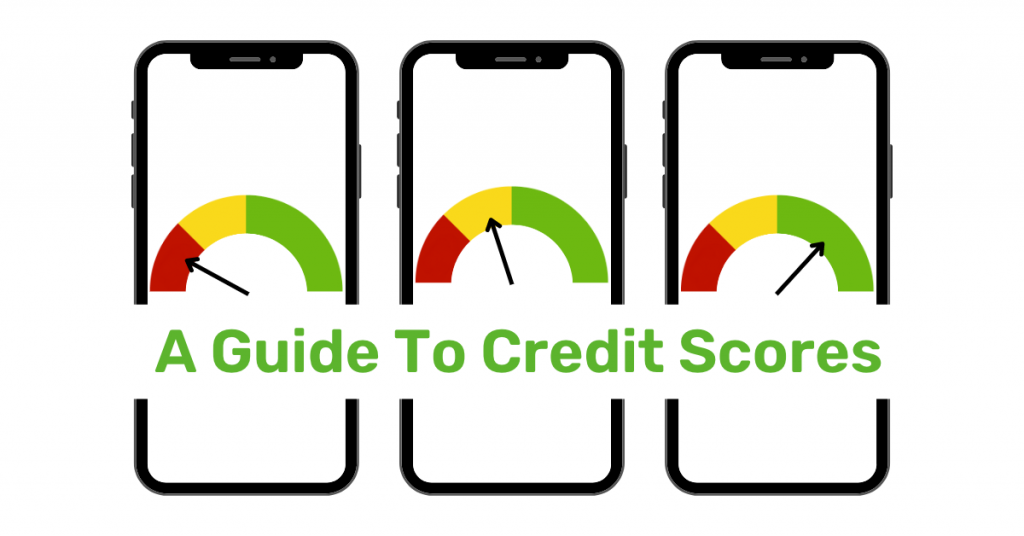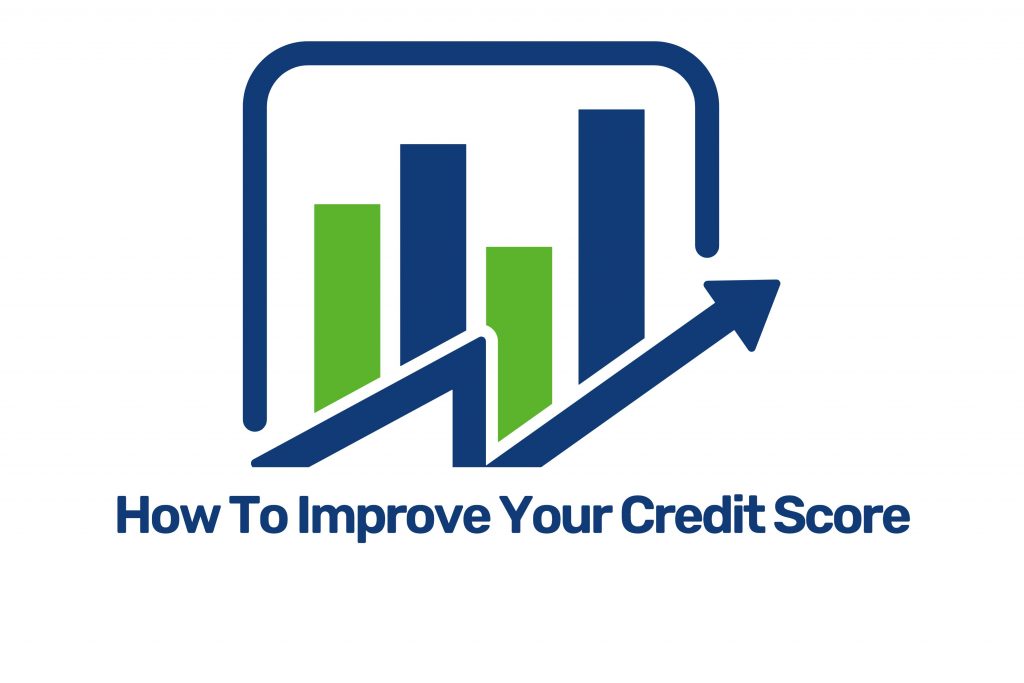What Affects Your Credit Score (and How to Avoid the Common Mistakes)
Your credit score plays a huge role in whether you’re accepted for finance, loans, credit cards, or even a mortgage. A strong score can open doors to better interest rates and higher chances of approval, while a poor score may limit your options.
To protect your financial future, it’s important to understand the most common factors that can negatively impact your credit score, and how to avoid them.
Late and/or missed payments
Missing payments, or paying late, is one of the biggest red flags fro lenders. It signals financial instability and can stay on your credit file for up to six years.

Our tips:
- Set up payment reminders on your phone.
- Automate direct debits where possible.
- Build a simple budget so repayments don’t catch you off guard.
High Credit Utilisation
Credit utilisation means how much of your available credit you’re using. If your credit card is close to the limit, lenders may assume you’re struggling financially.

Our tip:
Aim to keep your utilisation under 30% of your limit (e.g., spend more more than £300 on a £1,000 limit). The lower, the better.
Defaults on payments
When you fail to repay loans, credit cards, or other commitments, it’s recorded as a default, and this can be very damaging. Defaults make future borrowing much harder.

Our tip:
If you’re struggling, don’t ignore the issue. Contact lenders early to ask about repayment plans or debt management support.
Too Many Credit Applications
Every time you apply for credit, a ‘hard search’ is added to your file. Making lots of applications in a short period can make you look desperate for credit.

Our tips:
- Use an eligibility checker before applying.
- Only apply when you genuinely need credit.
County Court Judgments (CCJs)
A CCJ is a legal order issued when you fail to repay money you owe. It stays on your record for six years and seriously damages your chances of approval.

Our tip:
If you’ve been threatened with legal action, speak to your creditor straight away. Settling the debt quickly may prevent a CCJ.
Financial Associations
When you open a joint account, take out finance with a partner, or act as a guarantor, your credit file becomes linked to theirs. If their score is poor, it can pull yours down.

Our tip:
Review your financial associations on your credit report. If you’re no longer connected to someone financially, ask the credit reference agency to remove the link.
Limited or No Credit History
If you’ve never borrowed before, lenders have no track record to judge you on. Ironically, this makes it harder to get approved for credit.

Our tip:
Start small, consider a mobile phone contract, credit-builder cars, or even spreading payments with “buy now, pay later” (but ALWAYS repay in full)
Maintaining a healthy credit score is key to unlocking better financial opportunities, from lower interest rates to higher chances of getting approved for vehicle finance, loans or mortgages.
By avoiding these common pitfalls, you can protect your creditworthiness and give yourself the best chance of securing the finance you need.




